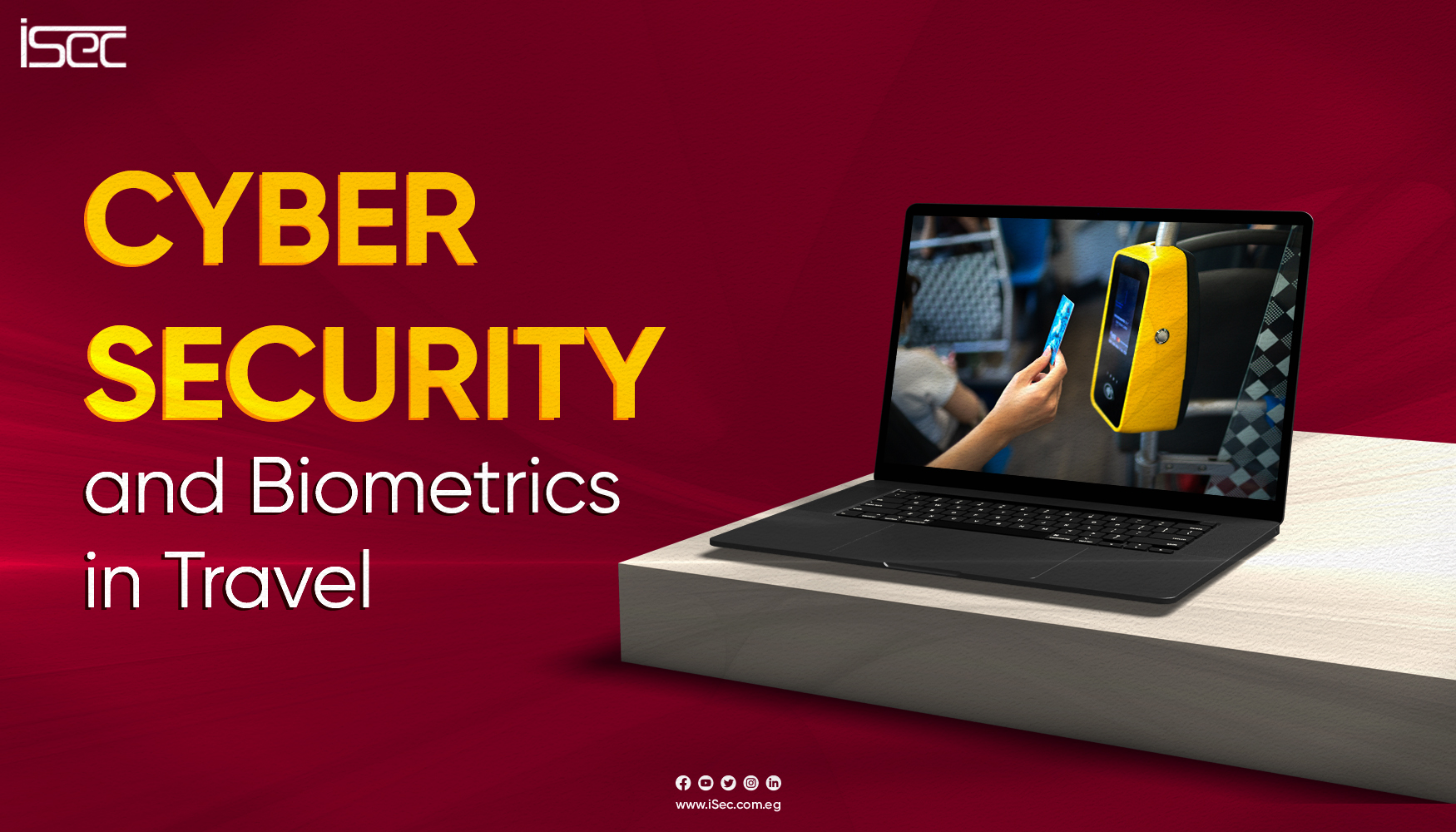
In a world where travel has become an essential part of our lives, ensuring the security and safety of individuals has become a top priority. The rise of cyber threats and identity fraud has necessitated the development of advanced security measures. One such solution that holds immense promise is the integration of cybersecurity and biometrics. By combining these two fields, we can create a robust framework that enhances travel security and streamlines the passenger experience. In this blog post, we will explore how cybersecurity and biometrics are revolutionizing the travel industry.
- Biometrics: The Future of Identification:
Biometrics refers to the measurement and analysis of unique physical or behavioral characteristics, such as fingerprints, facial features, or iris patterns. These distinctive traits are difficult to forge or replicate, making them an ideal tool for identity verification. In the context of travel, biometric authentication can replace traditional methods like passports or boarding passes, providing a more secure and efficient way to identify travelers. Biometric systems can be seamlessly integrated into various stages of the travel journey, from check-in and security screening to boarding gates and immigration control.
- Cybersecurity: Protecting Personal Data:
As digitalization becomes more prevalent in the travel industry, the risk of cyber threats and data breaches increases. Cybersecurity measures are paramount to safeguarding personal information, financial data, and travel itineraries. Encryption, firewalls, and secure networks are some of the tools used to protect sensitive data from unauthorized access. Additionally, strict compliance with data protection regulations, such as the General Data Protection Regulation (GDPR), ensures that travelers’ personal information is handled responsibly, further bolstering their trust in the travel ecosystem.
- Benefits of Integrating Cybersecurity and Biometrics:
a. Enhanced Security: By combining biometric authentication with robust cybersecurity measures, airports and travel hubs can significantly reduce identity fraud, forgery, and unauthorized access. This strengthens overall security and mitigates potential threats to national borders.
b. Streamlined Passenger Experience: Traditional security procedures, such as presenting identification documents or boarding passes, can be time-consuming and cumbersome. Biometrics simplify the process by allowing passengers to move seamlessly through various checkpoints. Facial recognition, for example, can enable automated boarding, eliminating the need for physical documents.
c. Improved Efficiency: Biometric systems reduce the reliance on manual verification, thereby enhancing operational efficiency and reducing human error. This can lead to faster boarding times, shorter queues, and a more pleasant travel experience for passengers.
d. Future-Proof Technology: As technology advances, the potential applications of biometrics in travel security are vast. Innovations like voice recognition, gait analysis, and vein pattern recognition are being explored, offering additional layers of security and personalization.
- Addressing Concerns and Ethical Considerations:
While the integration of cybersecurity and biometrics offers immense benefits, it is crucial to address concerns around privacy, data protection, and potential misuse of personal information. Implementing strong data security measures, obtaining informed consent, and adhering to strict regulatory guidelines can help alleviate these concerns and ensure responsible use of biometric data.
Conclusion:
As the travel industry continues to evolve, cybersecurity and biometrics are becoming indispensable tools for enhancing security and improving the passenger experience. The integration of these fields provides a robust framework that safeguards personal data, streamlines travel procedures and reduces the risk of identity fraud. By embracing this transformative technology responsibly, we can create a future where travel is not only secure but also more efficient, seamless, and personalized.



